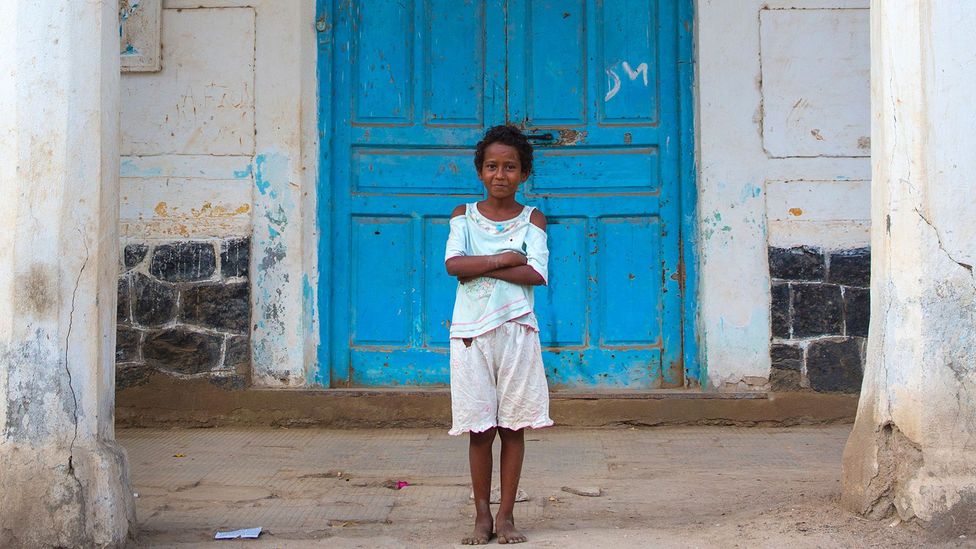Descendants of African slaves sold to the Ottoman Empire, Afro-Turks seek to revive their ancestors’ traditions – but there are barely any left
IZMIR, Turkey – Dotted along Turkey’s Aegean coastline are a smattering of villages that the country’s Afro-Turks call home.
When people think of Turkey, the image that often comes to mind is one of a predominantly ethnically Turkish population. However, Turkey has a surprisingly diverse multicultural history, including an lesser-known African element. So are there black people in Turkey? The answer is yes – in the form of small but significant Afro-Turkish communities.
Afro-Turks: Ancient Roots
Afro-Turks, also referred to as African Turks, are Turkish citizens of African ancestry whose presence in Turkey spans back several centuries. Their origins trace back to African slaves brought to the Ottoman Empire from places like Northern and Eastern Africa, as well as Crete and Sudan. During the Ottoman period from the 14th to 19th century, African slaves were commonly found serving households of elite imperial officials and dignitaries. The Ottoman Turks also forcibly recruited young African boys for military service.
While slavery was eventually abolished in the early 20th century, the descendants of these African slaves went on to form small tightly-knit communities in western cities like Izmir. These Afro-Turks adopted Turkish culture, language and religion over generations while still preserving traces of their African heritage. Their numbers today are estimated to be around 25,000 to 100,000 according to community leaders.
Modern African Immigrants
In more recent decades, there has been an influx of modern immigrants from over a dozen Sub-Saharan African countries including Ghana, Nigeria, Congo, Somalia, Senegal and Sudan. Whereas the historic Afro-Turks are Turkish citizens well-integrated into society, these contemporary African communities in places like Istanbul and Ankara exist on the fringes as more recent arrivals.
Some are students and expat professionals, but many are undocumented migrants seeking better opportunities or asylum from conflict and disasters. Unfortunately, African immigrants face economic hardship social exclusion and racial discrimination in Turkey. Intolerance remains an issue despite Turkey’s history of diversity.
Cultural Traditions
Despite social marginalization, African immigrants and Afro-Turks maintain their cultural identity through unique traditions. The Afro-Turks have a festival called Dana Bayrami which features singing, dancing, and parading of a decorated calf along the streets of Izmir. African immigrants congregate in underground churches and mosques where they can freely practice their faith and find community support. Hair salons, restaurants and night clubs catering to the African diaspora have sprung up in areas with concentrated black populations.
Recognition and Advocacy
In recent years, there has been growing awareness and pride surrounding the overlooked Afro-Turk minority Activists like Mustafa Olpak have campaigned for official recognition and against discrimination. While racism persists, the new generation of Afro-Turks is speaking out and asserting their rightful place in Turkish society Their increasing visibility is a reminder that the black experience is also part of the rich tapestry of Turkey. Though few in number, African roots have always been entwined with Turkish identity.

What Its like being BLACK IN TURKEY
FAQ
Do Turks have African DNA?
How many races are there in Turkey?
Who are the minority people in Turkey?
